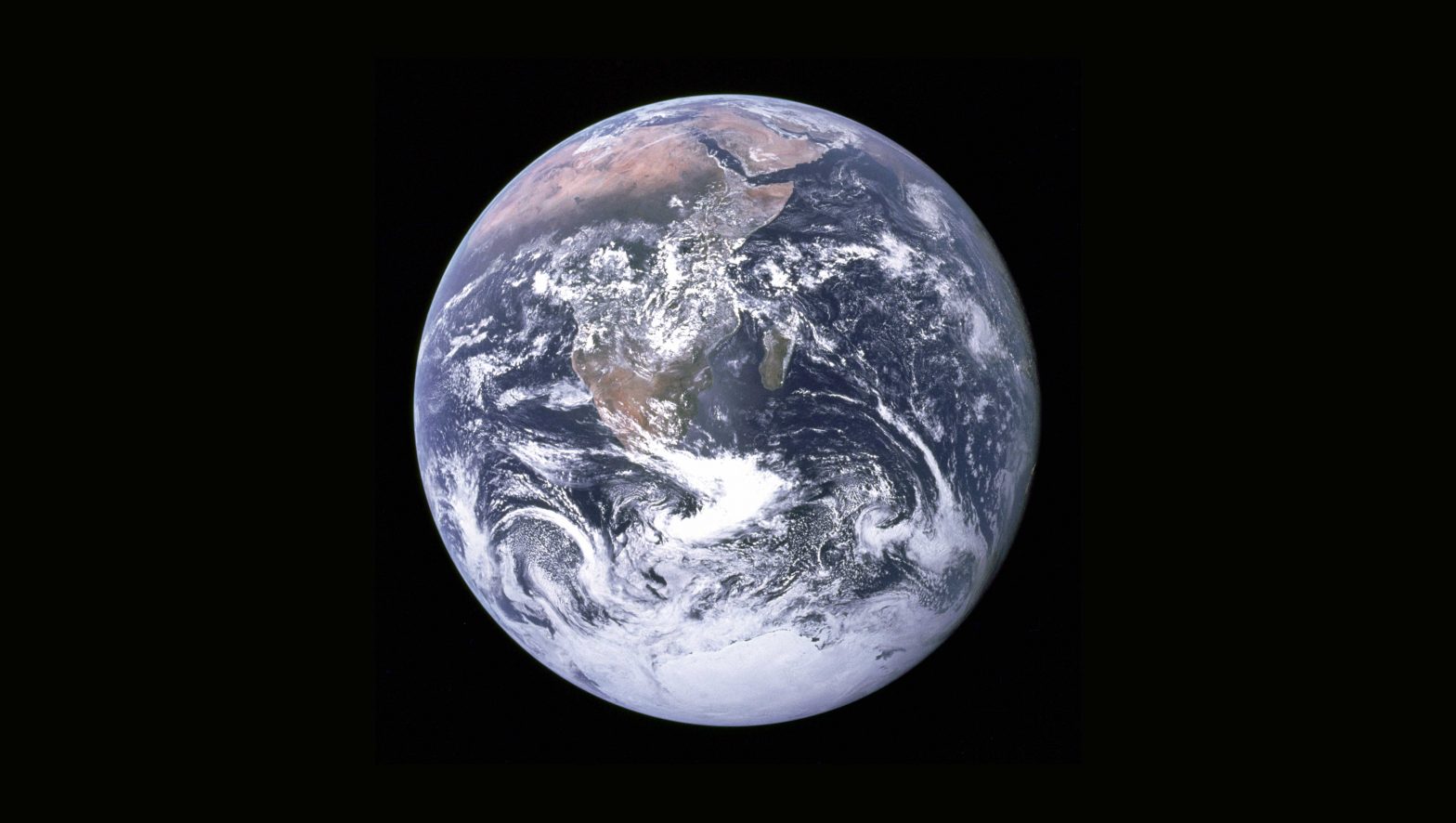I have a confession to make: I’m not a big Earth Day guy, probably for the same reason I’m not very big on Valentine’s Day. If you love someone (or something), you shouldn’t need a holiday to show it.
Earth Day is good, of course, because it reminds people who need reminding that there’s this thing that’s pretty vital to our survival and well-being. And if we don’t treat it nicely, it’ll shrug us off. Not everyone gets the message, of course, but at least Earth Day is there to give them a tap on the shoulder.
But Earth Day is bad because it compartmentalizes our attention. Media organizations have a tendency save up their environment stories for this week, and many companies roll out the green carpet for the day. They may do some volunteer garbage cleanup or announce some niche product that’ll be quickly discontinued. Then in a week or two, they forget about the whole thing and continue business as usual.
There are signs that’s starting to change, but the change is pretty incremental. And if by incremental, I mean maybe we’re starting to bend the emissions curve. If we’re lucky, we’re slowing the rate of growth, which is definitely not the same thing as reducing emissions, which we should be doing at a rate of 7.6% per year if we want to limit warming to 1.5˚ C. The reduction from covid-19, by comparison, will probably be a little less than that. If this pandemic has shown us anything on the climate side, it’s that we need a major overhaul to reach our goal.
That sounds overwhelming. And to be honest, sometimes it feels that way to me, too. But then I run my own household’s numbers and realize that it’s possible. We’ve managed to slash our carbon budget to 54% below average, and that was in just a few years and without offsets. We’re still a long way off from where I’d like us to be, but we’re making progress. If we—humankind—decide that a stable climate for our children is something we want, we can do it. We just have to do it for the other 364 days, too.

